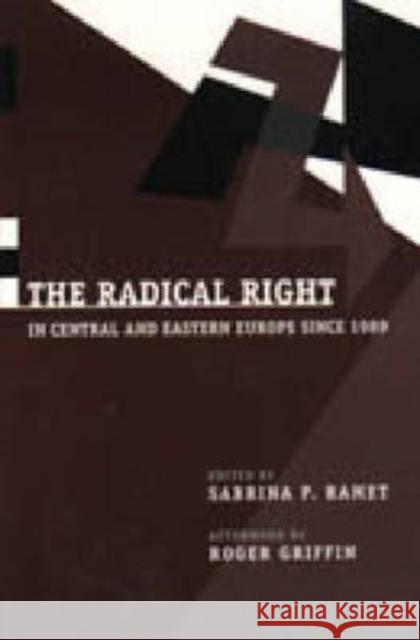The Radical Right in Central and Eastern Europe Since 1989 » książka
The Radical Right in Central and Eastern Europe Since 1989
ISBN-13: 9780271018102 / Angielski / Twarda / 1999 / 400 str.
With the collapse of Communism in Central and Eastern Europe between 1989 and 1991, right-wing extremist parties have emerged and claimed a prominence that they have not enjoyed since the early 1940s. The Radical Right in Central and Eastern Europe Since 1989 examines the activity of these groups in the region stretching from Germany to Russia. Few, if any, comparable books offer readers an overview of how the radical right is faring in Germany, Poland, Hungary, Slovakia, Slovenia, Croatia, Serbia, Romania, Bulgaria, Ukraine, and Russia. Among the countries reviewed, only Slovakia has right-wing extremists taking their seats as members of the ruling coalition. This volume shows that radical right activities can have pernicious effects even if right-wing extremists do not themselves succeed in obtaining seats in government. As the cases of Germany and Russia show, right-wing extremist parties may be capable of distorting the political agenda and forcing the government to take up issues that it might otherwise have ignored or treated differently. The Croatian and Serbian cases show that right-wing extremist parties may figure as part of a broader political milieu when their ideas are already accepted by the political mainstream.This volume is designed to give students, scholars, journalists, and other interested readers a useful introduction to the prospects of the far right in these post-communist countries. The contributors are John D. Bell, Frank Cibulka, Ivan Grdesic, Roger Griffin, Stephen Hanson, Laszlo Karsai, Julie Mostov, David Ost, Ognjen Pribicevic, Sabrinia P. Ramet, Rudolf M. Rizman, Michael Shafir, Roman Solchanyk, and Christopher Williams.











